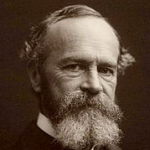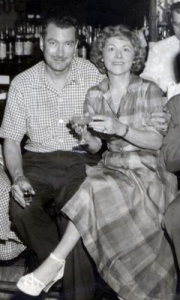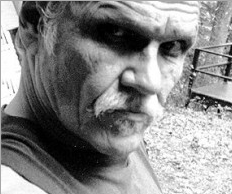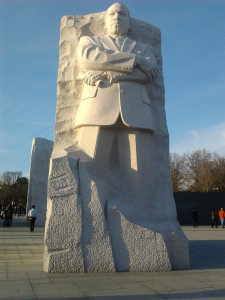Recently I’ve been coming across extreme insights into writing in the form of random quotations. I will collect them here.
This from the writer Oliver Sacks:
” Frequently, our only truth is narrative truth, the stories we tell each other, and ourselves.”
Form John Irving:
“If you don’t feel you are possibly on the edge of humiliating yourself, of losing control of the whole thing, then what you’re doing probably isn’t very vital. If you don’t feel that you are writing somewhat over your head, why do it? If you don’t have some doubt of your authority to tell this story, then you’re not trying to tell enough.”
From poet Muriel Rukeyser
The universe is made of stories, not atoms.






